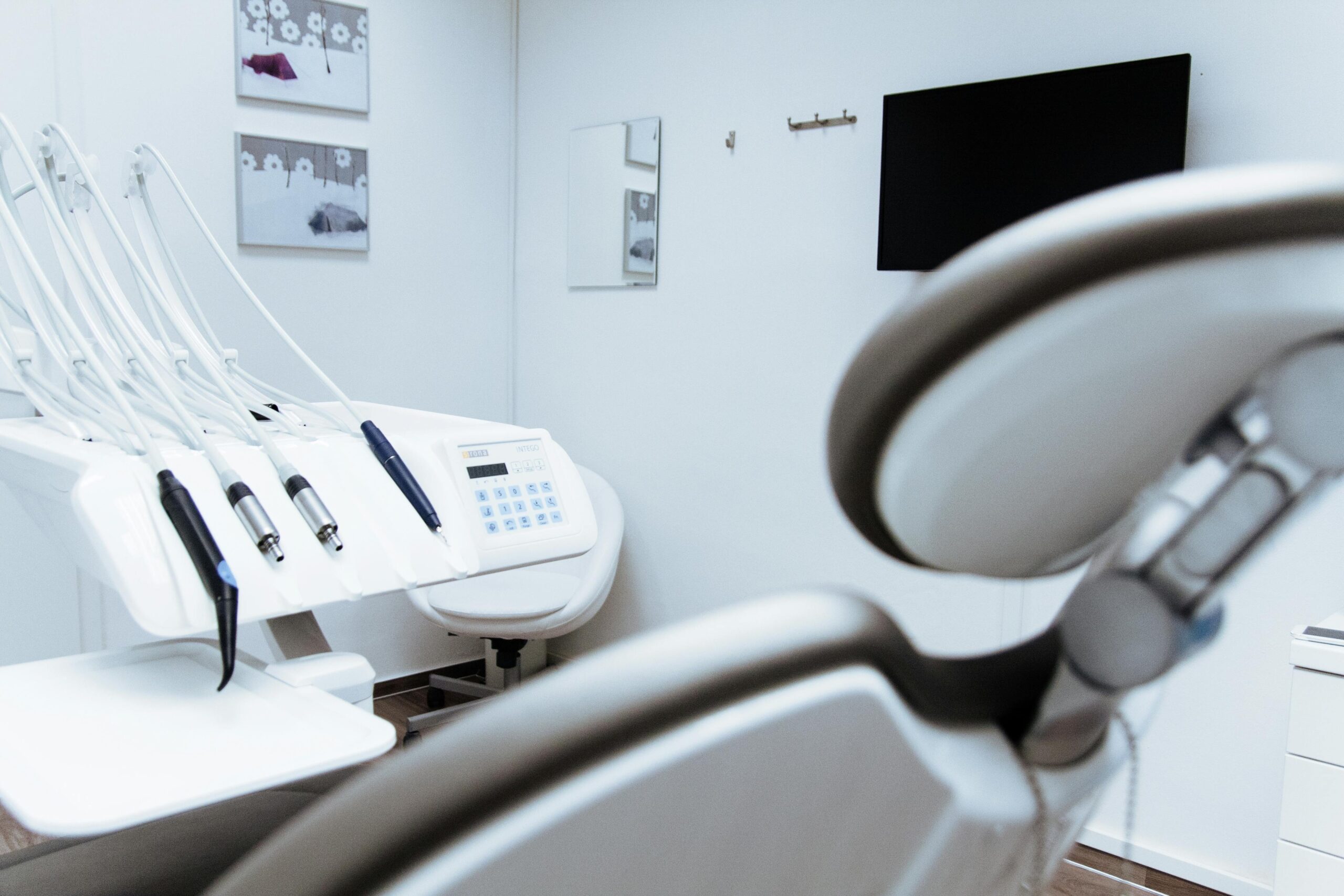Introduction
Endoscopic sinus surgery (ESS) is a minimally invasive procedure designed to address various sinus-related disorders, including chronic sinusitis and nasal polyps. If you’ve been struggling with sinus issues, understanding what ESS entails can help ease your concerns and prepare you for the journey ahead.
What is Endoscopic Sinus Surgery?
ESS involves the use of a flexible or rigid endoscope—a thin, lighted tube equipped with a camera—to visualize the nasal and sinus passages. The procedure is performed through the nostrils, minimizing external incisions and allowing for a clearer view of the sinuses.
Procedure Overview
- Preparation: Before the surgery, you’ll undergo a thorough evaluation, including imaging tests, to determine the best course of action.
- Anesthesia: The procedure is typically performed under general anesthesia or local anesthesia, depending on the complexity of the case.
- Surgery: The endoscope is inserted into your nostrils, allowing the surgeon to identify blockages and remove obstructions such as polyps or infected tissue.
- Post-Procedure Care: After surgery, you may experience some nasal congestion and minor discomfort, which can be managed with prescribed medications.
Recovery
Recovery time varies but is generally quicker than traditional sinus surgery due to the minimally invasive nature of ESS. Most patients can return to normal activities within a few days, though full recovery may take several weeks.
Benefits of Endoscopic Sinus Surgery
- Minimally Invasive: Reduced scarring and faster recovery times.
- Less Pain: Patients typically experience less pain compared to traditional surgery.
- Outpatient Procedure: Many patients can go home the same day, eliminating the need for hospital stays.
- Improved Quality of Life: Many patients report significant relief from sinus pressure and improved breathing after the procedure.
Conclusion
Endoscopic sinus surgery offers a promising solution for those suffering from chronic sinus issues. If you’re considering this procedure, consult with a qualified ENT specialist to discuss your options and develop a personalized treatment plan.

